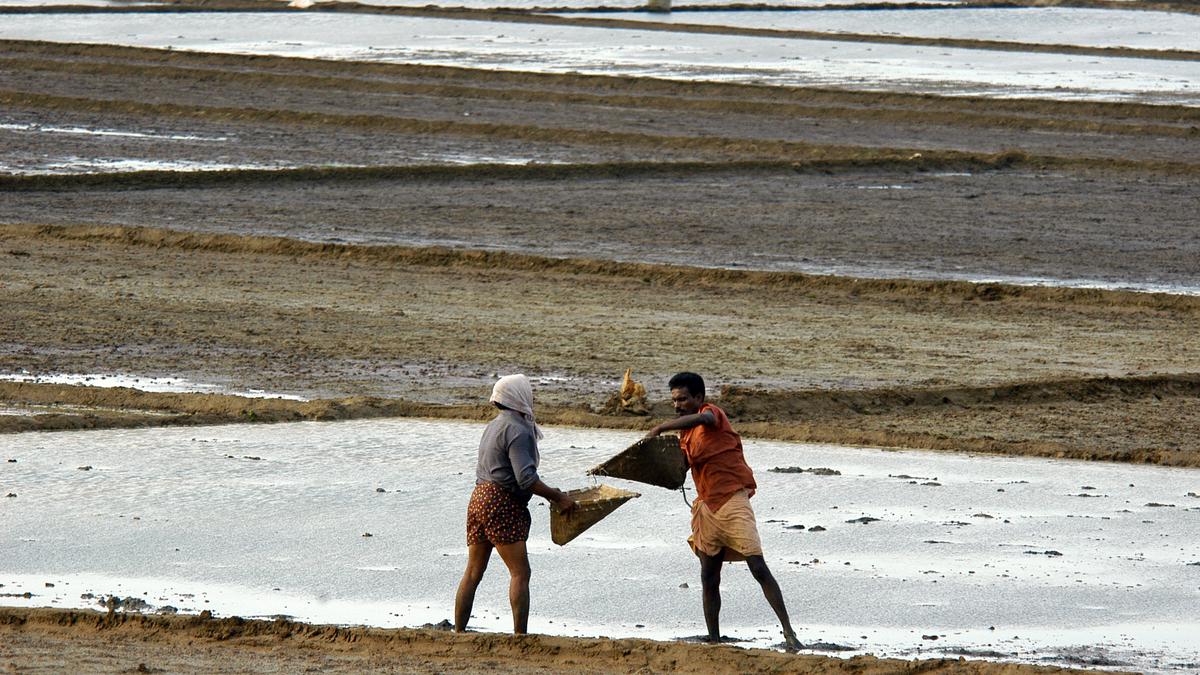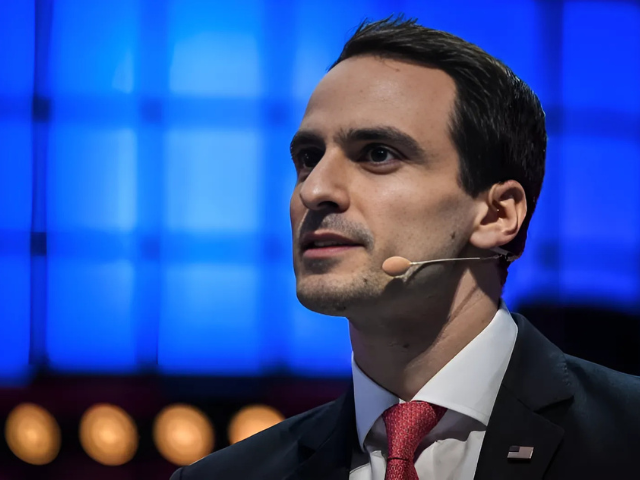Representational file image.
| Photo Credit: K.K. Mustafah
Endorsing the use of hybrid seeds to increase crop production and reduce import dependency, Principal Secretary to the Prime Minister P.K. Mishra said here on Wednesday (January 8, 2025) that hybrid research has to produce products that have higher productivity than open-pollinated seed varieties. Inaugurating the three-day National Symposium on Hybrid Technology for Enhanced Crop Productivity, Dr. Mishra gave the examples of rice, pulses and oilseeds and said they need high priority in hybrid research. “We need to bring hybrid pigeon pea to market and scale it up. This will help in bridging availability gap in pulses. Similarly, in oilseeds too, we should increase productivity using hybrids. This is a priority for the country,” he said.
The senior bureaucrat said hybrids have to be affordable to smallholder farmers. “If research can make farmers save hybrid seeds from one season to another season without losing heterosis, as they do with open-pollinated crops, it would be great scientific contribution to increasing farmers incomes,” Dr. Mishra suggested.
He added that there was an urgent need for adopting hybrid technologies to ensure food and nutritional security for the country’s growing population. “Hybrid technology has to play a role beyond just increasing yields. It should lead to equitable, inclusive and sustainable growth of economy. It should also lead to transformation of agriculture through increasing farmers incomes. Reducing poverty is very important and agriculture has an important role to play,” he said.
He said the percentage of workforce dependent on agriculture, while declining marginally, still stands as high as 37%. “This leads to issues of equity and inclusiveness. Although the vision of 2050 shows agriculture contributing 7% of GDP, the workforce contribution will still be 27%. Small-scale holdings, currently at 146 million, will go up to 168 million. Hence the inequalities will continue. This needs to be addressed,” he said.
The meet is organised by the Trust for Advancement of Agricultural Sciences (TAAS) in collaboration with the Indian Council of Agricultural Research (ICAR), International Crop Research Institute for the Semi-Arid Tropics (ICRISAT), International Maize and Wheat Improvement Centre (CIMMYT), International Rice Research Institute (IRRI) and the Indian Society of Plant Genetic Resources (ISPGR). The Federation of Seed Industry of India (FSII), Maharashtra Hybrid Seed Company (MAHYCO), Rasi Seeds, and Bayer Crop Science Limited are supporting the event.
Published – January 08, 2025 08:23 pm IST






